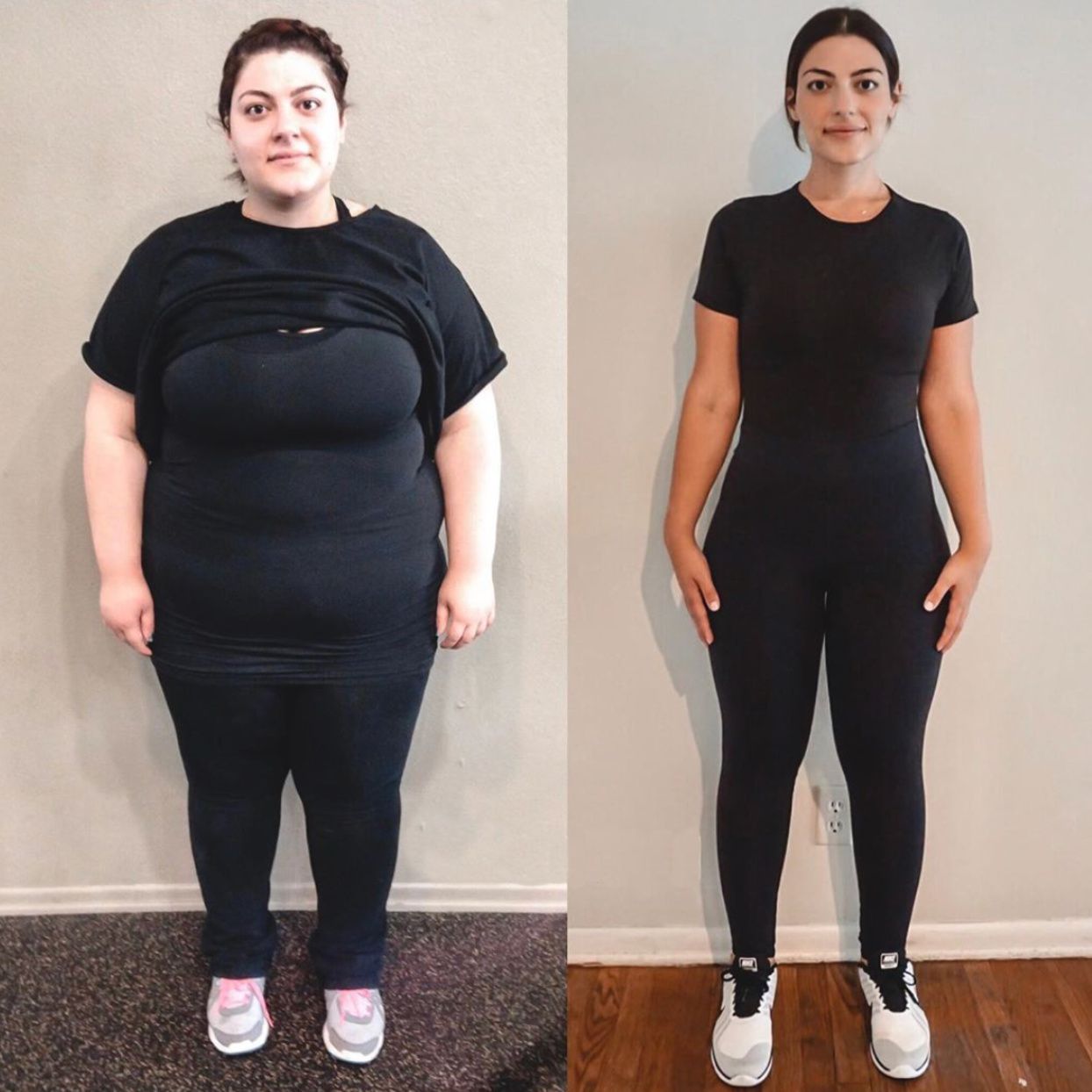ADHD and Cooking Therapy: Finding Joy and Focus in the Kitchen

Overview
Attention Deficit Hyperactivity Disorder (ADHD) is a neurodevelopmental disorder characterized by difficulties in sustaining attention, controlling impulses, and regulating hyperactivity. Individuals with ADHD often face challenges in various aspects of life, including work, school, and relationships. However, one area where they can find solace, creativity, and focus is in the kitchen through cooking therapy. Cooking therapy offers a unique blend of sensory stimulation, structure, and gratification that can be particularly beneficial for individuals with ADHD. In this article, we explore how cooking therapy can help individuals with ADHD find joy, focus, and a sense of accomplishment in the kitchen.
Recognizing ADHD
Before delving into the benefits of cooking therapy, it’s essential to understand the characteristics of ADHD and how they can impact daily life. ADHD is commonly associated with symptoms such as inattention, impulsivity, and hyperactivity. Individuals with ADHD may struggle with tasks that require sustained focus and organization, leading to feelings of frustration and inadequacy. Simple activities like following a recipe or preparing a meal can become overwhelming for someone with ADHD due to difficulties in planning, time management, and attention to detail.
The Therapeutic Power of Cooking
Cooking therapy harnesses the therapeutic benefits of preparing and enjoying food to promote emotional well-being and cognitive function. For individuals with ADHD, engaging in cooking therapy can provide a structured and rewarding activity that helps alleviate symptoms and enhances overall quality of life. Here are some ways in which cooking therapy can benefit individuals with ADHD:
1. Sensory Stimulation:
Cooking engages multiple senses, including sight, smell, taste, and touch. The sensory-rich environment of the kitchen can help individuals with ADHD focus their attention and stay present in the moment. Chopping vegetables, sizzling ingredients in a pan, and tasting different flavors stimulate the senses and provide a calming effect, allowing individuals to immerse themselves fully in the cooking process.
2. Executive Functioning Skills:
Cooking requires a series of sequential steps, from gathering ingredients to following a recipe to plating the final dish. These tasks help improve executive functioning skills such as planning, organization, and time management, which are often impaired in individuals with ADHD. By breaking down the cooking process into manageable steps, individuals can develop a sense of structure and accomplishment, boosting their self-esteem and confidence.
3. Mindfulness and Focus:
Cooking encourages mindfulness, the practice of being fully present and attentive to the task at hand. For individuals with ADHD, who may struggle with distractibility and impulsivity, practicing mindfulness in the kitchen can enhance their ability to focus and concentrate. By focusing on the sensory experience of cooking—the sound of sizzling, the aroma of herbs, the texture of ingredients—individuals can cultivate a sense of calm and clarity, reducing stress and anxiety.
4. Creativity and Self-Expression:
Cooking is a creative outlet that allows individuals to express themselves through food. Whether experimenting with new ingredients, improvising recipes, or plating dishes artistically, individuals with ADHD can unleash their creativity in the kitchen. Cooking therapy encourages exploration and experimentation, fostering a sense of curiosity and innovation that can translate into other areas of life.
5. Social Connection:
Cooking therapy can also facilitate social connection and communication skills, which may be challenging for individuals with ADHD. Cooking with family members, friends, or support groups provides an opportunity to collaborate, share experiences, and bond over a shared activity. By cooking together, individuals with ADHD can develop interpersonal skills, build relationships, and feel a sense of belonging within a supportive community.
Practical Tips for Cooking Therapy
Implementing cooking therapy into daily life can be a rewarding and enjoyable experience for individuals with ADHD. Here are some practical tips to make the most of cooking therapy:
1. Start Small:
Begin with simple recipes and gradually increase complexity as confidence and skills improve. Focus on mastering basic cooking techniques before tackling more advanced dishes.
2. Create a Routine:
Establish a regular cooking schedule to provide structure and consistency. Set aside dedicated time each week for meal preparation and planning.
3. Break Tasks Into Manageable Steps:
Divide the cooking process into smaller tasks to prevent overwhelm. Use visual cues such as checklists or timers to help stay organized and on track.
4. Put mindfulness into practice:
Stay present and engaged in the cooking process by focusing on each step as it unfolds. Pay attention to the sensory aspects of cooking, such as textures, aromas, and flavors.
5. Celebrate Achievements:
Acknowledge and celebrate successes, no matter how small. Whether it’s mastering a new recipe or successfully improvising a dish, recognize the effort and progress made along the way.
In summary
Cooking therapy offers a holistic approach to managing ADHD symptoms by combining sensory stimulation, structure, and creativity in the kitchen. Through cooking, individuals with ADHD can find joy, focus, and a sense of accomplishment while developing essential life skills and fostering social connections.




